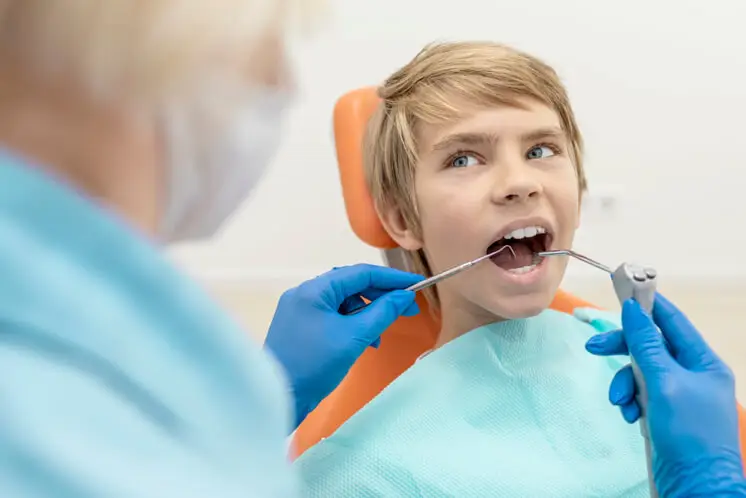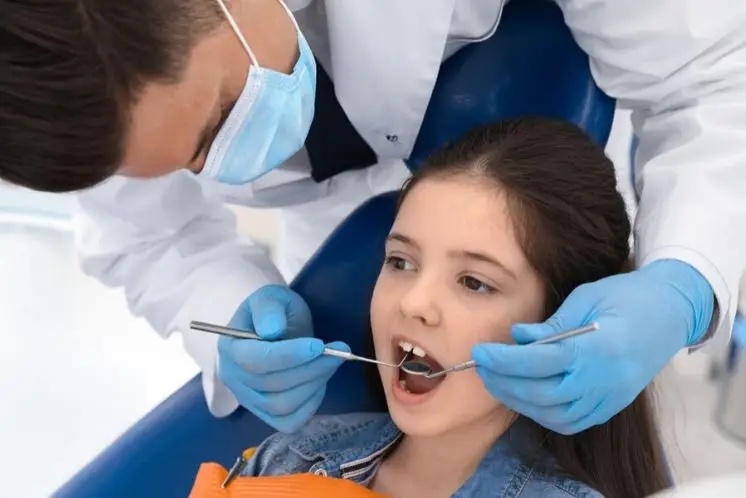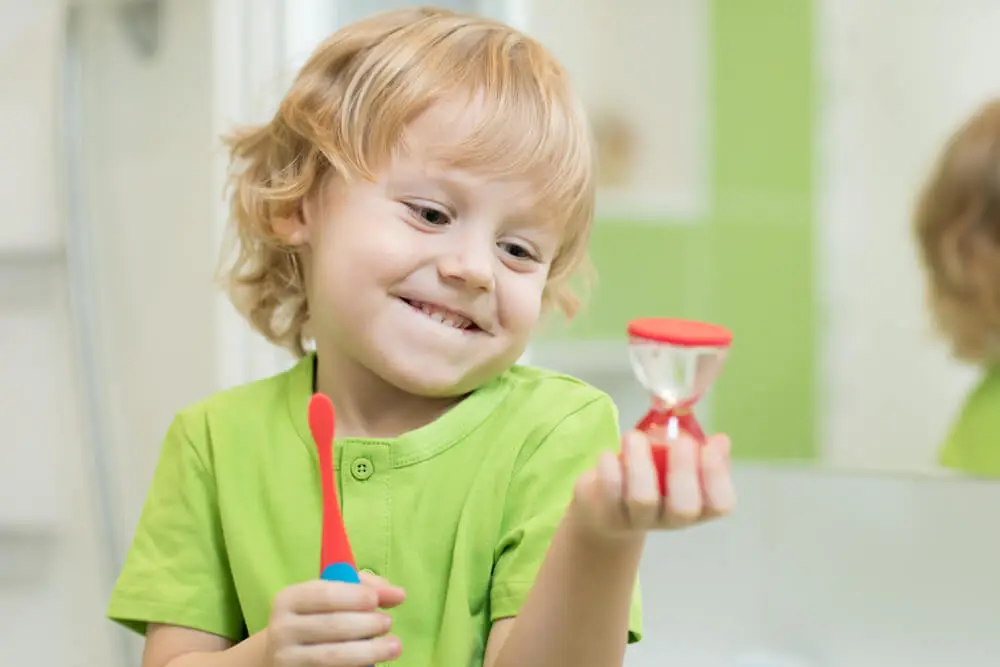Scale and polishes for children: when are they needed

The doubt exists as to whether dental hygiene should be carried out professionally in children or whether it is sufficient to maintain good dental habits. From what age do they have to be carried out and whether there are differences with respect to the scale and polishes for adults. In this article we tell you in detail.
Is it recommendable to carry out scale and polishes on children?
It is highly important that children begin on the right foot to have good oral health habits. Of course it is necessary to show them how to brush their teeth and use dental floss correctly every day, but we cannot forget that children also need to have their teeth cleaned professionally on a regular basis if they have accumulated tartar on their teeth. In fact, professional scale and polishes in children are as important for them as they are for adults.
Both children and adults must have a scale and polish at least once a year if the odontologist considers it appropriate. In fact, it is especially important for children, since they probably do not brush as well as adults and that can lead to an accumulation of plaque and, consequently, to the appearance of tooth decay.
How is a scale and polish generally conducted?
Be it for an adult or a child, the professional scale and polish generally involves a dental hygienist or odontologist that uses an ultrasound dental instrument to eliminate plaque and tartar accumulated on the surface of the teeth, together with a special type of sandy toothpaste to polish the tooth enamel and thereby eliminate the stains.
Are there differences between scale and polishes for children and adults?
There are some differences between scale and polishes for children and adults.
Below are some of these differences:
Education
Although dentists usually check diseases such as gum disease or gum recession in their adult patients, children have a different series of problems. Paediatric dentists look for signs that the child is brushing and using dental floss correctly and, if that is not the case, the dentist takes their time to show the child how to look after their teeth and gums better.
Use dental floss (or not)
It is important to show children how to brush and use dental floss correctly, although possibly it is not necessary to use dental floss until your child is old enough to require it. Very small children may not require dental floss because they have a lot of space between their milk teeth, some of which may have erupted and others no. That is also valid for their visits to the dentist. Children may not need to have their teeth cleaned with dental floss during a professional scale and polish. And depending on their age and the effectiveness of their brushing, it may not be necessary to eliminate accumulation with a sonic instrument.
Eruption of milk teeth
Unlike dentists that work with adult patients, a paediatric dentist will generally verify whether a child’s teeth are erupting correctly or not. For teeth that have not yet emerged through the surface area of the gums, an x-ray may be required to ensure that they are placed correctly.
In short, regular brushing at home is important, but it is not enough to keep teeth and gums healthy. From an early age, children need to begin to develop the good habit of going to the dentist.
At what age is it advisable to carry out a scale and polish in children?
During the first dental appointments it is surely not necessary to carry out a scale and polish. What the dentist will do is look for signs of problems and development problems. Furthermore, they will monitor that parents help their children to brush and take care of their teeth correctly.
From their first visit onwards, children should have a check-up every six months and a scale and polish if required. This practice must continue until they are adults and for the rest of their lives. Patients with gum disease or that are likely to have tooth decay need to have more frequent appointments.








